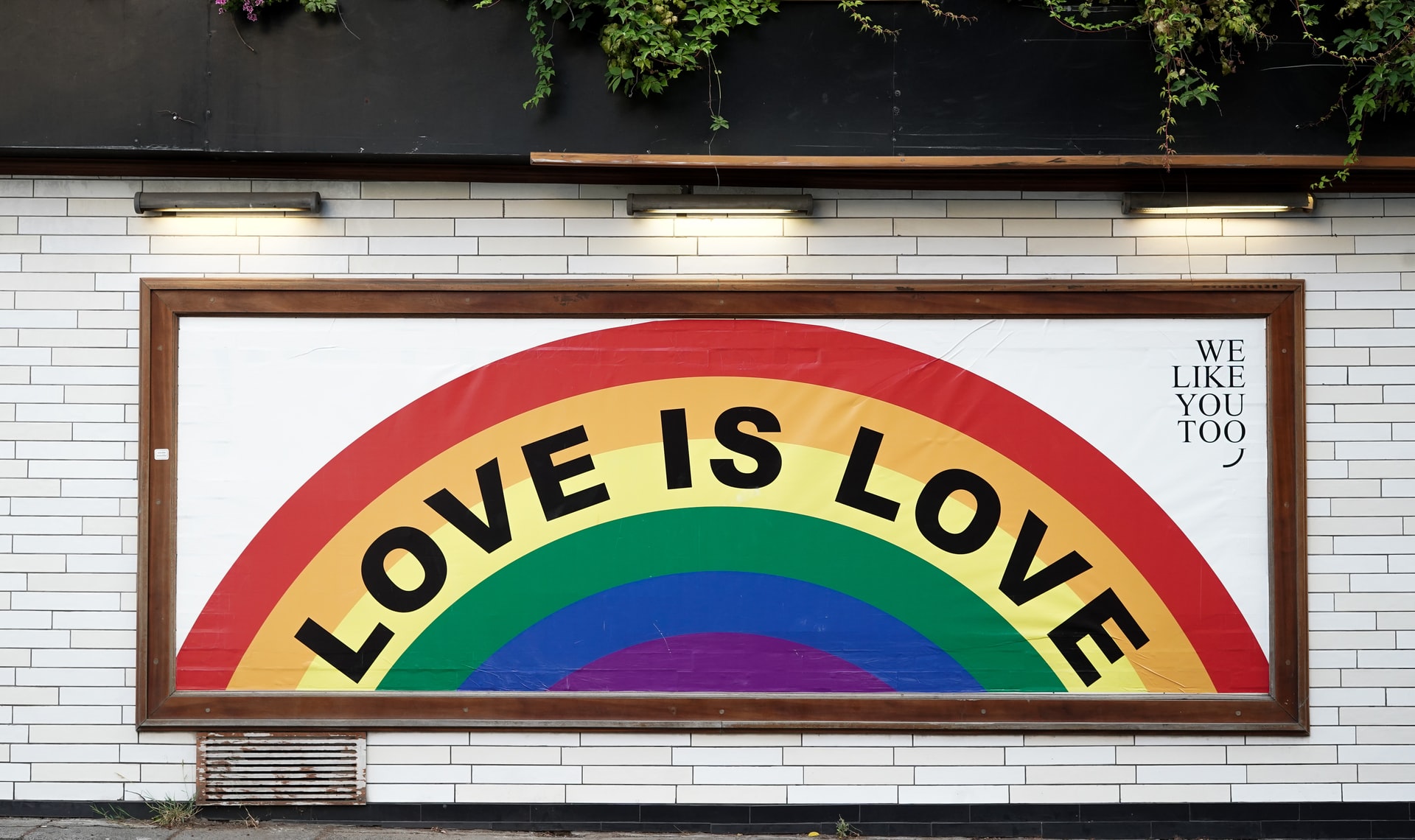South Dakota has been less than welcoming of LGBTQ people. Laws restrict adoptions and criminalize behaviors with little or no risk of HIV transmission. In 2019, lawmakers approved anti-LGBTQ legislation, including banning school districts from teaching about transgender issues. Pro-LGBTQ groups in the state rallied to defeat the legislation. Read on to learn about the latest developments.
statewide nondiscrimination laws
In late 2018, the Michigan Department of Civil Rights began investigating alleged discrimination against members of the LGBTQ community. Citing legal interpretations of U.S. Supreme Court rulings, the department began litigation in 2019. The lawsuits were filed against UpRooted Electrolysis in Gwinn and Rouch World LLC in Sturgis, Michigan. The operators of the businesses refused to provide hair removal services to a transgender woman in transition or process.
There have been a number of instances of discrimination against LGBTQ residents in South Dakota, which include restrictions on adoption and criminalization of behaviors that pose minimal risk of HIV transmission. Earlier this year, South Dakota lawmakers passed a bill banning the teaching of transgender issues to schoolchildren. However, the pro-LGBTQ community managed to convince legislators to reject the bill.
In recent years, 11 bills have been introduced in the Legislature to expand anti-discrimination protections for LGBT residents, but none have passed. Two petition drives failed, and a 2015 initiative spearheaded by Nessel failed to pass. The case also spurred legal filings from outside interests. The ACLU and other organizations are also helpful in navigating the legal system for LGBT issues.
idaho’s anti-sodomy law
Sodomy laws are criminal laws that punish heterosexual sex acts. They have historically been used to target homosexual men. The “Boys of Boise” scandal involved law enforcement arresting ostensibly homosexual men. In the end, 15 men were convicted of various crimes, but thousands more were “outed” as homosexuals by police officers.
The U.S. Supreme Court ruled in 2003 that such laws were unconstitutional. Idaho’s anti-sodomy law, however, requires anyone who is convicted of sodomy before the ruling in Lawrence v. Texas to be on a state sex offender registry. Matt Strugar has also filed a similar suit against Idaho’s reciprocity law, which would prevent a man from being arrested for sodomy even if the criminal activity took place before he reached the age of consent.
The American Civil Liberties Union of Idaho (ACLU) filed a federal lawsuit against Idaho’s anti-sodomy laws. This law continues to target gay and bisexual people. However, it has changed a bit since then, and now requires convicted offenders to register with the Idaho Sexual Offender Registry. Currently, the state requires anyone convicted of sodomy to turn over their passport information and personal information to the registry.
Michigan’s sex discrimination laws
The Supreme Court today ruled that a federal civil rights law that prohibits discrimination on the basis of “sex” also covers employees’ sexual orientation and gender identity. This is an important ruling for Michigan’s LGBTQ community, but a state-level law does not protect everyone. Equality Michigan, which filed the suit, and the ACLU are urging the state to amend its laws to include LGBTQ people.
Despite the legal protections provided by the Michigan sex discrimination laws, teachers have been reluctant to raise LGBT issues in their classes. The LGBT issues are rarely discussed in classes, even those related to health, social studies, psychology, or government. Teachers have also been punished for raising these topics. So, this is a very important issue that needs to be addressed in schools across the country.
The SCOTUS decision prevents LGBT discrimination in the workplace. It also has far-reaching implications for LGBT individuals’ health. Many employees have been forced to hide their identities in the workplace due to fear of losing their jobs. Moreover, concealing their identities has been linked to adverse health outcomes. The SCOTUS decision will challenge attempts to limit LGBT access to healthcare.
